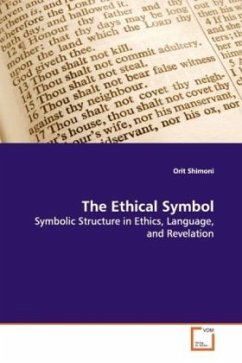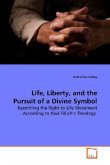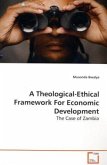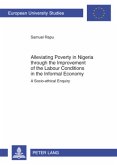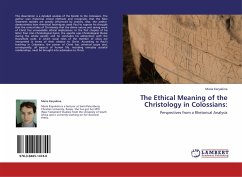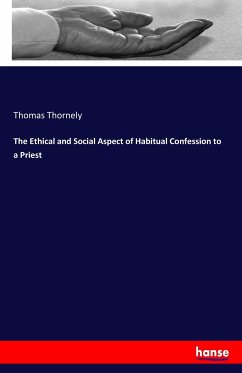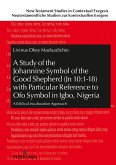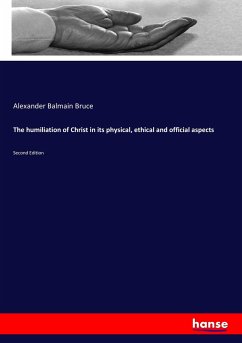If revelation is synonymous with ethical knowledge,
then what of the the manner in which it is relayed?
History proves repeatedly, in accounts of oppression
and violence that authoritative claims on the meaning
of revelation can be dangerously exclusive. To be
truly ethical,the very language of ethics must
undergo a conceptual shift, from ownership of
knowledge to an admittedly partial participation in
it. Such a shift, the author suggests, is achieved
through symbolic awareness, wherein reconciliation
between limited and ultimate knowledge is reached.
In this work, the author underscores the parallels
between symbol, philosophy of ethics, language, and
revelation,and shows that the abandonment of previous
models of ethical knowledge need not produce a crisis
of meaning. Instead, she demonstrates the ethical
structure that is at the very heart of revelation and
language. Rooted in theology and philosophy, this
book spans across topics such as inter-faith
dialogue, biblical scholarship, hermeneutics and
linguistics. But beyond these, it deals with
education at large, as it suggests a methodology for
ethical instruction, particularly that which uses the
bible as its source.
then what of the the manner in which it is relayed?
History proves repeatedly, in accounts of oppression
and violence that authoritative claims on the meaning
of revelation can be dangerously exclusive. To be
truly ethical,the very language of ethics must
undergo a conceptual shift, from ownership of
knowledge to an admittedly partial participation in
it. Such a shift, the author suggests, is achieved
through symbolic awareness, wherein reconciliation
between limited and ultimate knowledge is reached.
In this work, the author underscores the parallels
between symbol, philosophy of ethics, language, and
revelation,and shows that the abandonment of previous
models of ethical knowledge need not produce a crisis
of meaning. Instead, she demonstrates the ethical
structure that is at the very heart of revelation and
language. Rooted in theology and philosophy, this
book spans across topics such as inter-faith
dialogue, biblical scholarship, hermeneutics and
linguistics. But beyond these, it deals with
education at large, as it suggests a methodology for
ethical instruction, particularly that which uses the
bible as its source.

